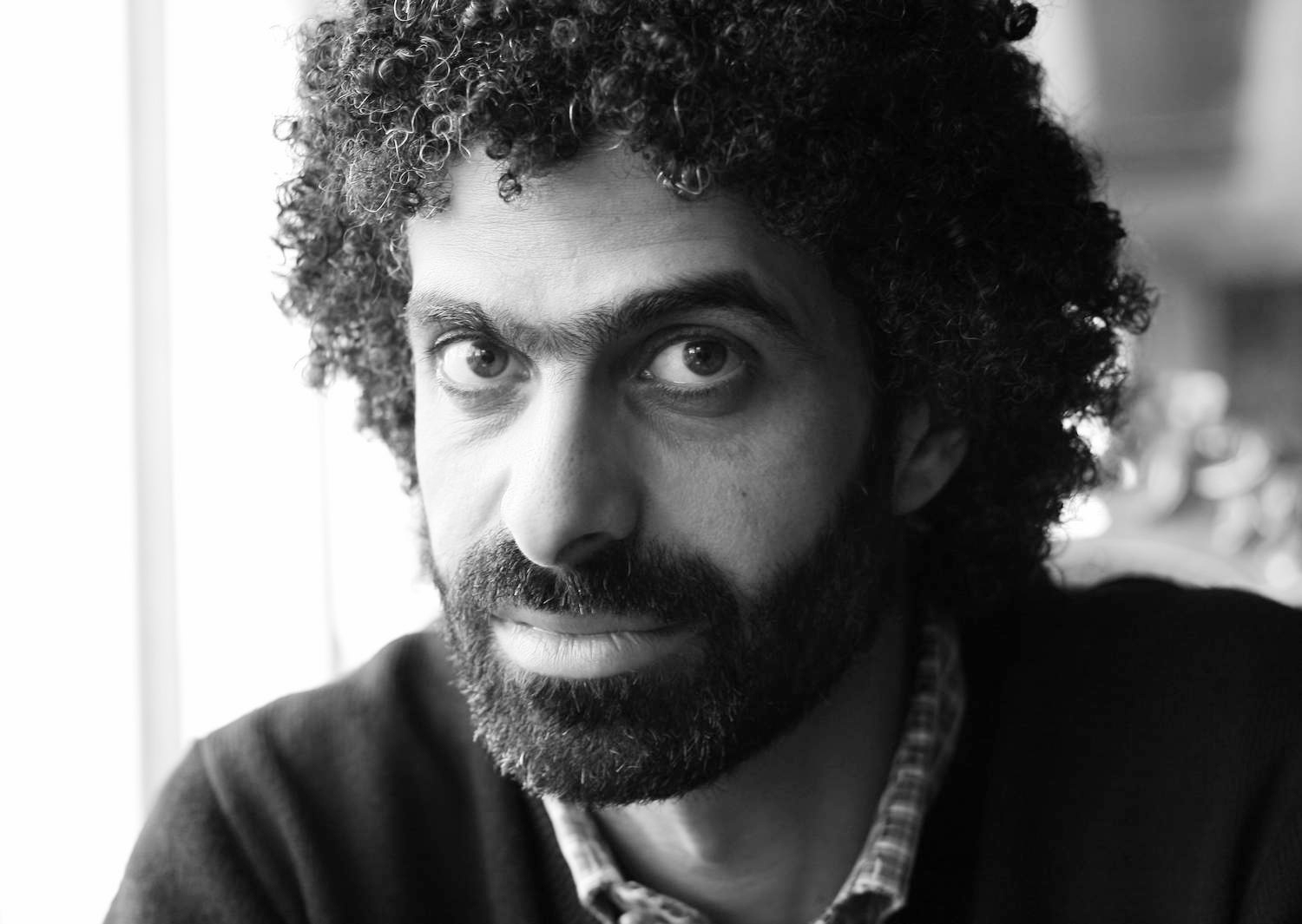Military Spokesman Brigadier-General Mohamed Samir said Sunday that the military is in control of every inch of Sinai, in comments to state-owned media.
Samir urged Egyptian citizens not to believe what he called false rumours spread online, in reference to figures and attacks claimed by militants on the web.
The remarks came a day after heavy fighting in North Sinai, which resulted in the deaths of seven military personnel and 59 militants, according to a statement by the spokesman.
The attacks were claimed by Ansar Beit Al-Maqdis, a radical militant group which rebranded itself as “State of Sinai” after pledging allegiance to the regional militant group “Islamic State”.
Reports of higher military death tolls were circulated on social media accounts loyal to the militants, and on their affiliated websites.
The military initially announced three of its personnel dead in the violence Saturday, then said the number had increased to seven by the end of the day of fighting.
Earlier this month, the militant group launched a simultaneous attack on five security checkpoints in the city of Sheikh Zuweid in North Sinai, in one of the most intense days of clashes between the military and militants in the region.
The military said that 17 soldiers and officers died, and over 100 militants were killed that day. Earlier reports, however, put the toll at much higher, quoting health and security officials.
The militants have been waging a propaganda war, utilising social media and other Internet platforms to perpetuate an image of strength.
In the Sheikh Zuweid incident, in which they besieged a police station in the city, they claimed that they had taken over the city and that they attacked 15 checkpoints and killed scores of military and security personnel.
The military released an official statement in the late hours of the day, following a fierce day of warfare, in which it denied the group’s claims and announced their death toll as 17, after some reports claiming up to 70 military personnel dead.
President Abdel Fattah Al-Sisi has since declared an anti-terrorism draft law which outlaws media outlets reporting death tolls that conflict with official numbers, with journalists facing a minimum of two years in prison for such offences.
Egypt has been struggling to quell an insurgency in the North Sinai region since it arose shortly after the fall of Hosni Mubarak. The popular uprising that deposed the long-time autocrat was followed by a security vacuum and a period of instability, fostering an atmosphere for the insurgency to grow rapidly.
The violence in the Sinai intensified following the overthrow of former president Mohamed Morsi. Morsi was ousted by then-general, now-president Abdel Fattah Al-Sisi following mass demonstrations against his one-year turbulent rule.
Heavy violence has continued with Al-Sisi’s rise to the presidency and the crackdown on the Muslim Brotherhood and other groups of the Islamist movement.
The insurgency has not been isolated to the Sinai, as urban areas including the capital have seen a rise in violence attacks, such as bombings and shootings.
On 11 July, an improvised explosive device (IED) was detonated outside the Italian consulate building in central Cairo, leaving one passerby dead and several injured.
The peak of urban violence was seen with the assassination of Prosecutor General Hisham Barakat in a Cairo explosion late last month, the first of a top state official since 1990.



